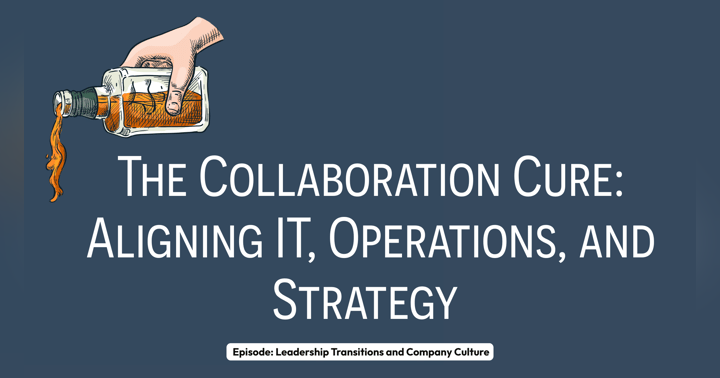Building a Legacy: Succession Planning in Modern Business

Episode: Succession & the Future of Family Businesses Featuring Jill Mayer, CEO of Bead Industries
Planning for the future is a challenge every business faces. But for family-owned companies, succession planning carries extra weight: it’s not just about who runs the business next, but about preserving a legacy.
Without a clear plan, many family businesses risk disruption, leadership conflicts, or even closure when founders retire or move on.
That’s why succession planning is a strategic priority, not just a checkbox.
Why Succession Planning Matters More Than Ever
Recent studies show that nearly 70% of family businesses fail or are sold before the second generation can take full control. That’s often because succession was left unplanned or rushed.
But when done right, succession planning:
- Ensures smooth leadership transitions
- Preserves company culture and values
- Builds confidence among employees and stakeholders
- Protects business continuity and growth potential
The Key Elements of Effective Succession Planning
1. Identify Future Leaders Early
Look beyond titles and tenure. Focus on:
- Leadership potential
- Cultural fit
- Strategic vision
Involving next-gen family members or trusted executives early helps set expectations and build skills over time.
2. Develop a Formal Plan
A clear, documented succession plan should cover:
- Who will take over key roles
- Timelines for transition
- Training and mentoring programs
- Contingency plans for unexpected events
Avoid vague “we’ll figure it out later” approaches.
3. Communicate Transparently
Succession discussions can be sensitive. Keep all stakeholders informed to reduce uncertainty and speculation.
- Hold regular meetings with family and executives
- Share milestones and progress updates
- Address concerns openly
Transparency fosters trust.
Succession & IT: An Often-Overlooked Factor
When leadership changes, IT infrastructure and strategy often get overlooked, but they shouldn’t.
Here’s why IT planning is critical during succession:
- New leaders need access to reliable, secure systems to make decisions
- IT continuity minimizes downtime and operational risk
- Modernizing IT can support growth and scalability under new leadership
Charles IT helps businesses align their IT strategy with leadership transitions to keep operations seamless. Learn more about our IT strategy consulting.
Quick Takeaways
- Succession planning is critical to preserving family business legacy
- Early identification and development of leaders is key
- Clear, transparent communication builds trust
- IT strategy must be part of succession planning
- External expertise can provide objectivity and support
Ready to Build Your Legacy?
Succession isn’t just about handing over the reins, it’s about preparing your business for what’s next.
Contact Charles IT to discuss how we can help you align your IT strategy with your leadership plans, ensuring a future-proof transition.



